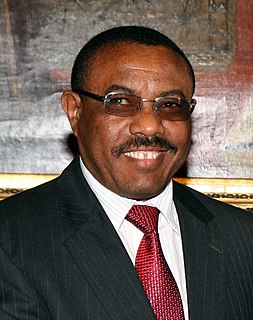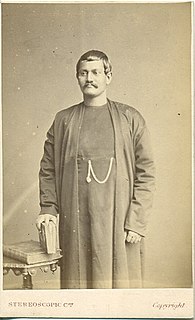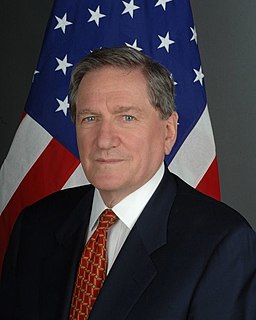A Quote by Gunnar Myrdal
During the three decades of its existence, the effectiveness of the United Nations has, on the whole, tended to decrease, particularly in the field of peace and security and, more generally, all issues in which the developed countries feel they have important stakes.
Related Quotes
The United Nations' founders understood that decisions affecting war and peace should happen only by consensus, and with America's consent, the veto by Security Council permanent members was enshrined in the United Nations Charter. The profound wisdom of this has underpinned the stability of international relations for decades.
The attack upon Korea was an outright breach of the peace and a violation of the Charter of the United Nations. By their actions in Korea, Communist leaders have demonstrated their contempt for the basic moral principles on which the United Nations is founded. This is a direct challenge to the efforts of the free nations to build the kind of world in which men can live in freedom and peace.
The truths which are represented in England and Western countries generally, are those which refer to force of character, earnestness of purpose, conscientious strictness, noble charity, practical duty, whilst the truths which I find peculiarly developed in India - developed to a greater extent than anywhere else, - and in the Eastern countries generally, are those which have reference to sweetness of communion, sweetness of temper, meekness and resignation unto God.
The United Nations exists not merely to preserve the peace but also to make change - even radical change - possible without violent upheaval. The United Nations has no vested interest in the status quo. It seeks a more secure world, a better world, a world of progress for all peoples. In the dynamic world society which is the objective of the United Nations, all peoples must have equality and equal rights.
Climate change, in some regions, has aggravated conflict over scarce land, and could well trigger large-scale migration in the decades ahead. And rising sea levels put at risk the very survival of all small island states. These and other implications for peace and security have implications for the United Nations itself.
I believe that our world needs an instrument of global action as never before in history. I believe that the United Nations is the instrument for securing peace and for giving people everywhere, in poorer countries as in richer, a real stake in that peace by promoting development and encouraging cooperation. But the United Nations is only an instrument, an actor in need of props and cues from its directors, And so I will paraphrase Winston Churchill: Give us the tools-the trust, the authority and the means-and we will do the job.


































